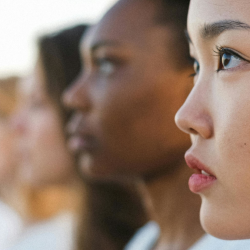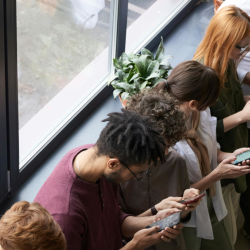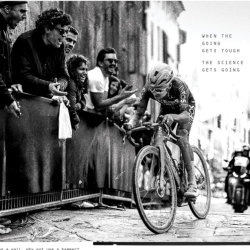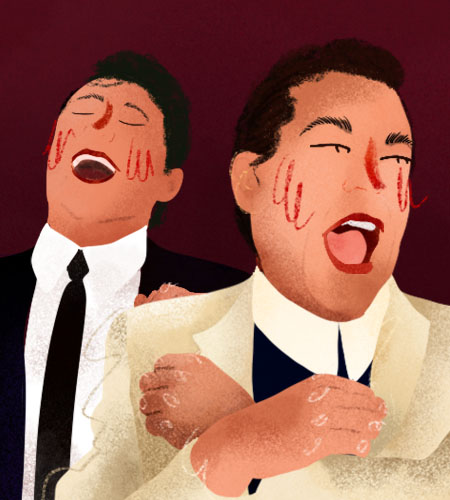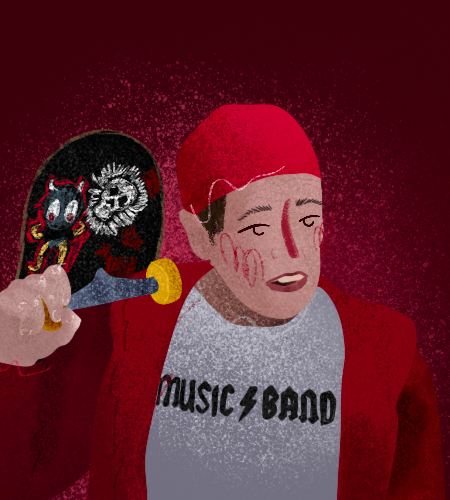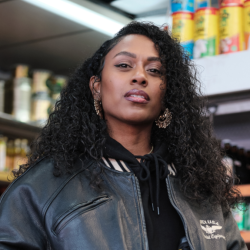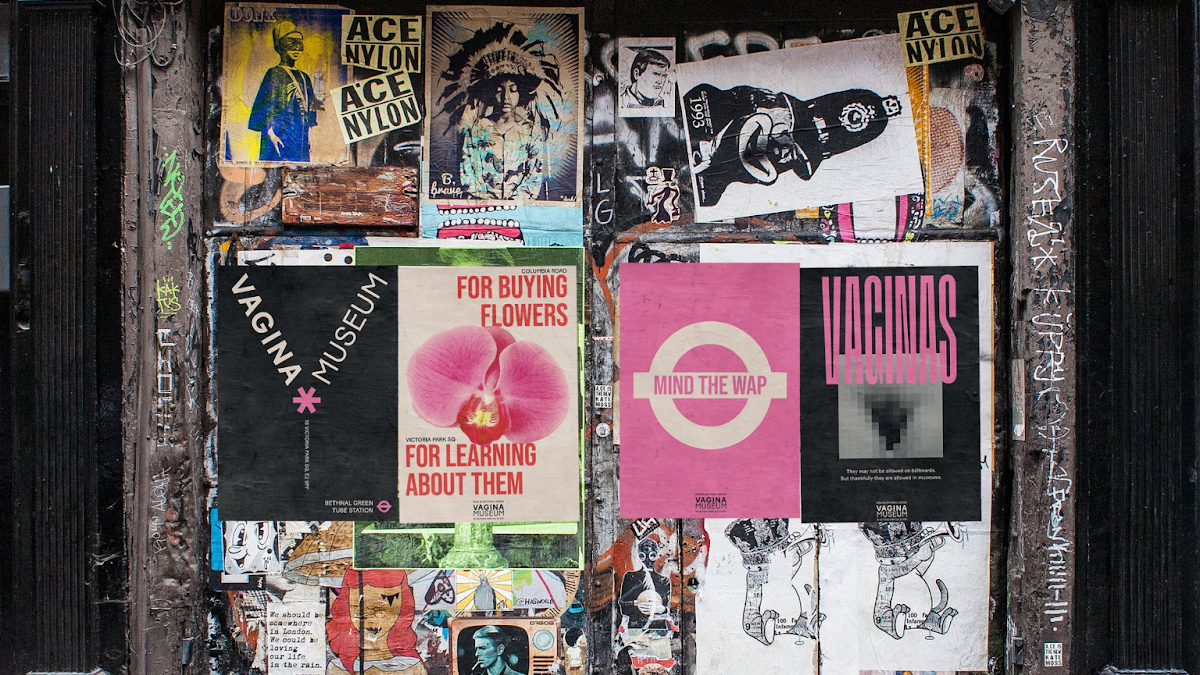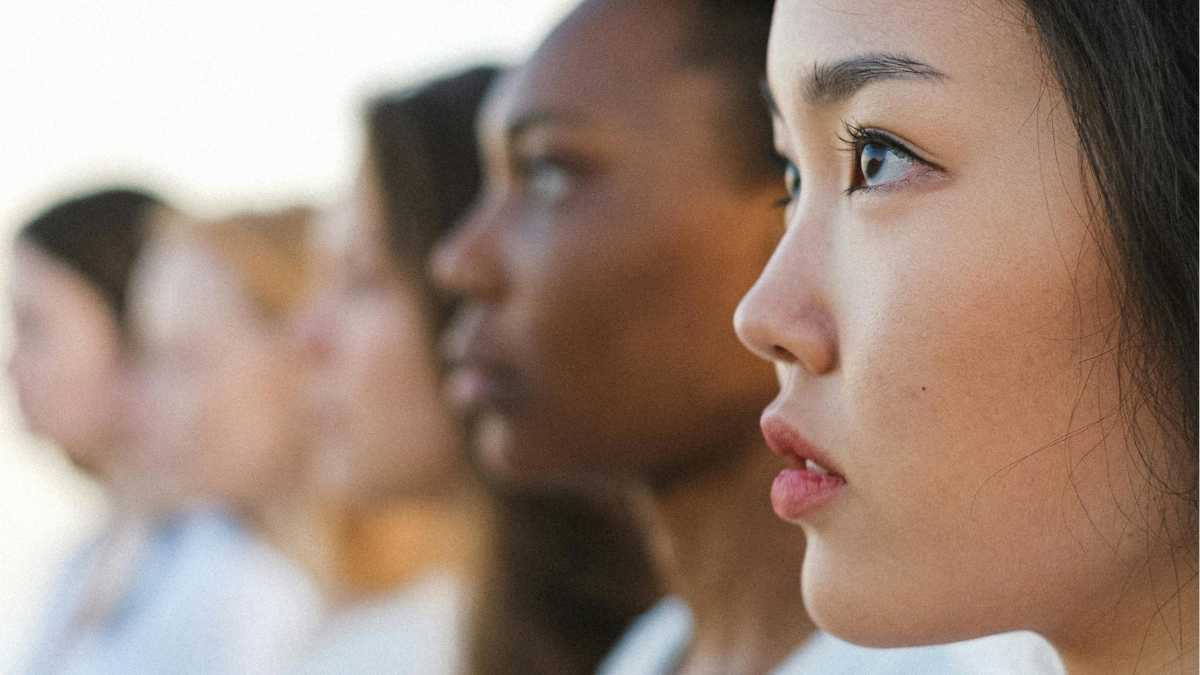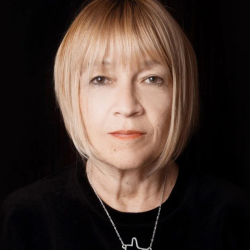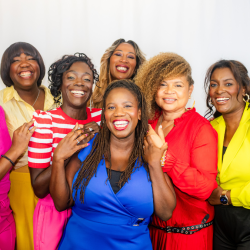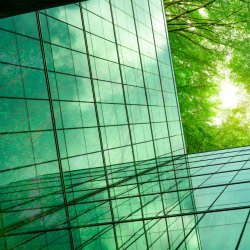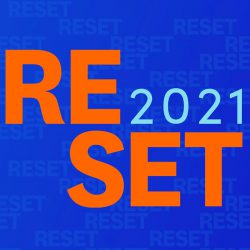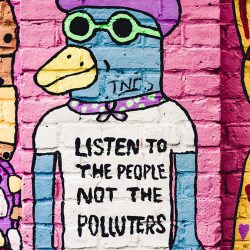In critical situations, we’re programmed to switch our functions to one of these responses: fight, flight, or freeze. What’s happening in the Italian advertising industry, right now, is giving us clear examples of all of these reactions.
In an interview on 9th June 2023 Massimo Guastini (an important professional in the advertising industry and former president of the Italian Art Directors Club) released information regarding sexist behaviour in Italian agencies, which included sexual harassment, abuse, and a chat (of around 80 men) in which the main topic was the bodies of their female co-workers. The comments also included misogyny and hate speech.
The Fight: an impetuous river that can’t be tamed
This interview caused the dam to break, with many witnesses sharing their experiences across social media and the internet, in particular on the safe place shared by the copywriter Tania Loschi and other professionals of the advertising industry, like Linda Codognesi, who had already spoken years ago about the so-called ‘The 80 chat‘, in her podcast Freegida.
The testimonials are endless and come from different agencies, and the conversation has now expanded to include other industries: threats, abuses, sexualizing and objectifying attitudes that feed a system that sees women as a tool of pleasure or exchange between male professionals. Business dinners, where only the most attractive are invited, where photos are taken secretly and shared without consent, degrading comments and more. Systemic and herd-like practices, in which many men have found themselves involved due to gender expectations and power games, but few of them today are joining female colleagues in testifying and taking responsibility.
This is a fight in which we all should be engaged.
The Flight: not all men, not all agencies
Of course the first reaction from the male world and the advertising industry has been flying as fast as they can from the storm, using the ‘not all whatever’ rhetoric. Our male colleagues automatically feel attacked and, instead of stopping to reflect on their role and ask us questions, they focus on making themselves the victims of women’s rage who, according to many of them, will soon want gender-separated elevators (I just wish no man will, ever again, let me in first, but OK).
How deep-rooted does privilege have to be to prevent you from recognizing the problem and, as soon as you feel implicated, turning yourself into the victim? A lot. And I’d like to quote the words of Zahra Abdullahi, these days on the front lines of the #MeToo:
Privilege and fragility are the reasons why these sexist, toxic, macho environments (and any other discriminatory environment) develop, resist, survive, recreate, propagate. They are the reasons why excuses are always made quickly, in brackets and with ‘BUT’ as big as houses immediately after. ‘… but we are not all maniacs.’ Whoever said otherwise? Do I really need to come and tell you that ‘I also have male friends and I know you’re not all like that’? How insecure do you have to be in your position as an allied man if this is how you apologize? CHECK YOUR PRIVILEGE. OWN IT AND DO SOMETHING.
The rhetoric of ‘not all x’ weakens the fight and shifts the focus of the conversation back to where it should instead be. Some agencies, in the meantime, have been posting self-absolving declarations, encouraged by some industry magazines that are afraid to take a stand, and beginning their articles with the same premise, putting the men and industry’s reputation first.
It’s important to attack a problem at its roots: from how patriarchal culture has so permeated everything as to be accepted and transversal across industries, generations, and often even across genders.
Many men are harassing. All harassed people are abused (whether consciously or not, they are the object of this interaction, therefore undergoing it), and until every root and rotten plant is uprooted, the industry will be sick. It is important to start from here and destroy the system that repeats the abuse. That’s why we don’t need only names and faces to blame, we need awareness and accountability.
The Freeze: distorted narratives and class struggle
It’s sad it takes a powerful man, which we all thank, of course, to stand out and expose names in order to let the #MeToo begin. ‘Why all these women have been silent for so many years?‘ you may ask. Well, systematicity is the answer, and we can see this through two main matters: distorted narratives and class struggle.
Every attempt to deconstruct sexist behaviours is pushed back by patriarchal tropes: if you are a man you’re a simp. If you’re a woman you’re an annoying feminist. A lot of women are afraid to speak up because, most of the time, their story is invalidated and often not even believed. Their experiences around abuse get twisted, which discourages any of us to take a stand and makes us think ‘This is not bad enough to make a scene, forget it.’
The second matter is the consequences people are sure they’ll have to face if they speak out. Not everybody has a plan B and savings to live off whilst they’re out of work for a while, or can afford a therapist to deal with all the amount of psychological issues that might emerge.
It’s important to speak out, of course, but we can’t expect it from everyone, and blame those who do not. Once again, the focus is in the wrong place, on the victims and the unprivileged. We can call this a fight but remember, it’s not a fight between genders, it’s a fight against the systemic trash we all live in and those who feed it. The best we can all do is to look ourselves in the mirror and wonder what the best is we could do that day to change something, and why are we afraid of it.
Featured image: Cherry Laithang / Unsplash

